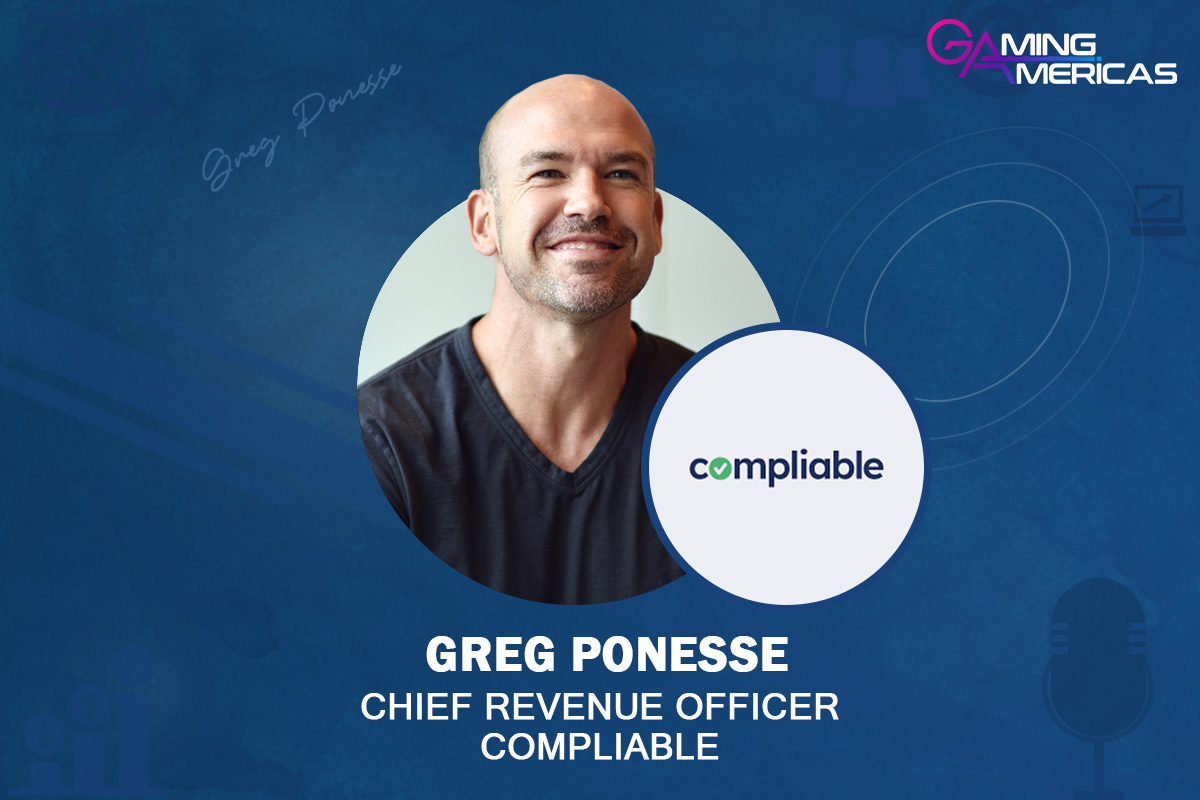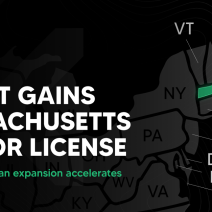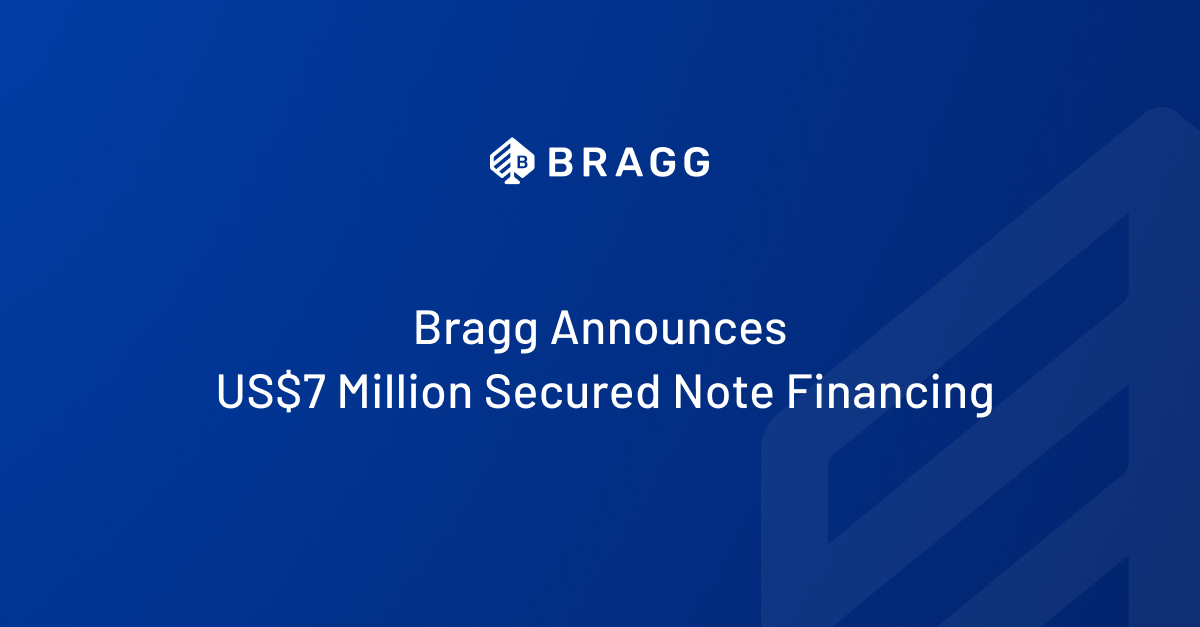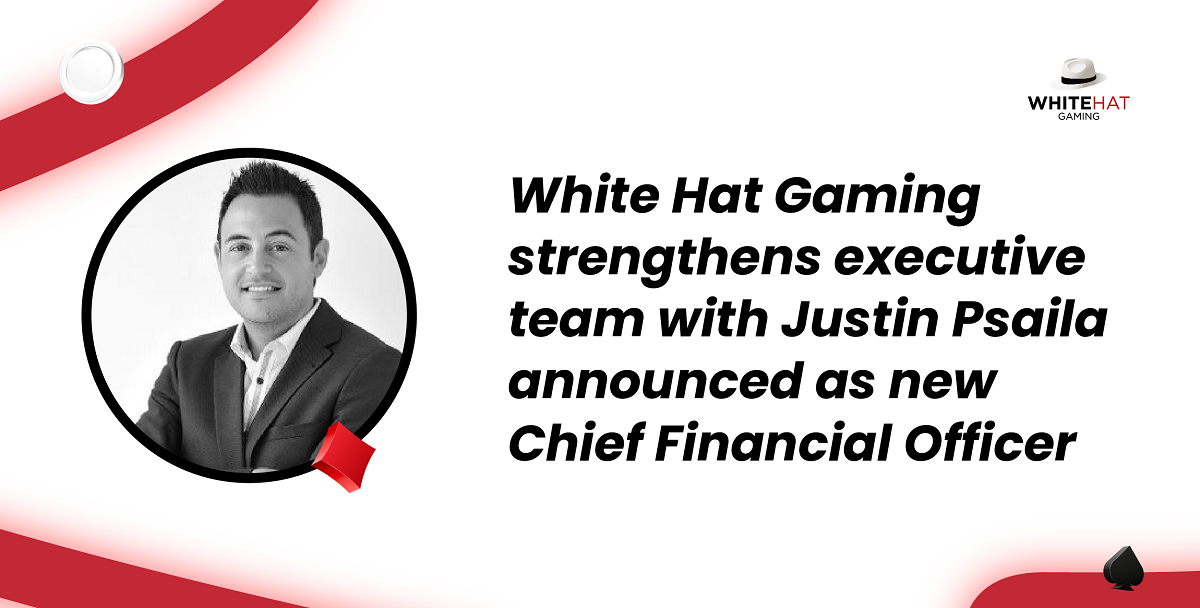
Reputation matters – the importance of supplier licensing
More and more jurisdictions are introducing licensing for B2B providers in an attempt to boost regulatory oversight and restrict black market activity with Sweden and Denmark recent examples. In this piece, we talk to Greg Ponesse, Chief Revenue Officer at Compliable, about how the increased compliance burden can favour suppliers’ standing in the iGaming ecosystem.
Have you seen a shift in attitudes from suppliers to only provide products in regulated markets?
We have seen that suppliers that have traditionally taken a .com approach are starting to move towards being licensed to secure additional revenue and more customers but also to improve their overall reputation and standing. The perception of brand integrity plays a big part of the decision-making process because some operator partners might be reluctant to work with suppliers if they have a mainly grey-market approach.
In the US, supplier licensing has always been the norm, so where we are seeing attitudes changing is primarily with European suppliers. Although most suppliers might have a few licenses that they need to manage in key markets, they are now better understanding the importance of being seen as fully compliant across the board as regulation changes and operators are looking for trusted partners.
Some of these brands are massive enterprises who are now trying to get a handle on how to manage all their licenses across multiple regions, and we have seen an increased interest in our software to support that.
What has been the driving force for this – regulator pressure or business strategy?
It’s a little bit of both. Regulator pressure is definitely a big one as gambling becomes more ubiquitous and mainstream. It’s the responsibility of the government to provide structure and regulation to ensure safety for consumers and many are starting to realize that suppliers play an equally important role in that as operators. We have recently seen examples of locally licensed suppliers being fined by regulators for offering their products to unlicensed operators, so providers need to be on the ball to ensure their reputation stays intact.
That said, the grey market suppliers up to this point have stayed in grey markets because that’s what was available to them. Now you’re seeing new markets opening up like North America, which has been huge, where all states require suppliers to be licensed. These grey market players that have previously focused on Europe now see that there’s revenue over there to be gained, so they need to pull up their socks and play the game.
As a business strategy, suppliers can only remain in black markets for so long, avoiding paying taxes and declaring revenue. In a competitive marketplace, suppliers can definitely benefit from being more established and having numerous licenses. Operators might be wary to work with companies that don’t take compliance seriously so being able to show that you have X number of licenses and that you have infrastructure in place shows that you’re serious, and that you know what you’re doing. It kind of sets the table for you to have a soft landing and to be able to begin those discussions with potential partners.
A sole focus on regulated markets would suggest a negative impact on profits so what benefits do suppliers see from being licensed?
If the train is only going in one direction, you eventually have to hop on it. Moving away from grey markets will inevitably have a negative impact on profits but you then have to look at where you can find additional revenue. If you are a licensed supplier, it does allow you to work with the big local operators. You have to decide on whether you can make more money as a grey-market supplier or by going into markets being licensed and making the most of what that offers.
Do you expect more jurisdictions will introduce B2B licensing going forward?
Yes, for sure. Gambling is ubiquitous now and governments recognise that it’s a great revenue generator for them and it also helps with ensuring responsible gambling. With licensing, you provide a framework, infrastructure, and environment that is safe, and it ensures that everyone is on a level playing field. That needs to include all different sides of the industry such as operators, suppliers, affiliates etc. If everyone in the ecosystem follows the rules, it will be a better place for all.
What are the big challenges that suppliers face when it comes to licensing in 2024 and beyond?
Your licensing strategy, so basically, where you are going to go get licensed. This process takes time and resources, and you want to make sure you are prepared before you start talking with operators. They will want to know, just like as with any other vendor, if you are licensed as a supplier.
If we use the US as an example, there is no shortage of suppliers that want to partner with the available operators, so you need to know who you want to work with and where, and then you have to make sure you sort those applications properly. That is all about getting the right advice or using software because if you fail the process, you will end up at the back of the queue and your go-to market strategy will be delayed.
What, if any, are the key differences between licensing in the US and regulated markets in Europe and other regions around the world?
For starters, every state in the US acts as if it is its own country and the licensing process is very complex and rigorous. In Europe, it was initially somewhat more relaxed. You got your Malta licence, and that was then good for all countries in Europe. We’re now seeing a bit of backtracking, with more and more countries getting tougher on rules and regulation.
Increased supervision, with regulators having more oversight, means there is no hiding and I think that is what we’re moving towards on a global scale.
I do believe that most suppliers and operators prefer a regulated market because it separates proper companies from the bad ones. If I was a large operator or supplier that invested time and money into licensing and establishing a compliance team, I would feel good about that because there are so many companies that can’t do it. There’s this element of pay to play, so to speak, in order to really maximize your profits in a region.










